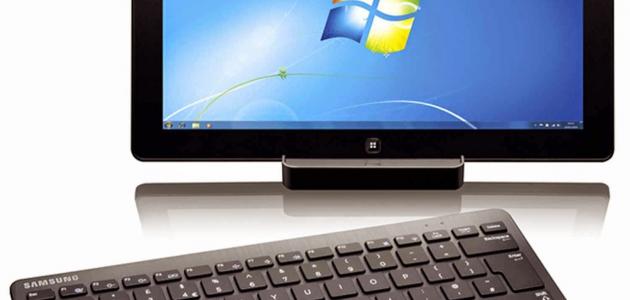Computer ethics
Institute of Computer Ethics directives
Computer ethics is a system of ethical principles that the user must follow while using the computer at home, school, or work. The Computer Ethics Institute has launched several directives on how to adhere to ethics when using a computer, which are as follows:
- Ensure that the computer is used with respect and consideration for others, and not use it to harm them.
- The user was careful not to interfere with his work and the work of others on the computer, and not to delete files that someone else might need.
- Do not intrude on the work of another person on the computer.
- Not to use the computer for theft purposes.
- Do not copy or use software without paying for it, and avoid using other people's computer resources without permission.
- Pay attention to the social consequences of the program a computer user writes or the system he designs.
Public etiquette and ethics
Some general ethics must be observed while using the computer. Some of them are as follows:
- Avoid using the computer in a wrong way that may damage its pieces and parts, especially public devices such as those of schools, universities, and public libraries.
- Ensure the safety of the device’s parts, programs, and contents, whether from downloading programs that overburden the computer or cause damage to it.
- Adhere to the laws that have been set to regulate the process of using the computer, such as keeping the username and password and not giving it to others who are not authorized to use the devices.
- Ensuring the quality and effectiveness of the programs that are developed to be compatible with the requirements requested by the user.
- Be careful not to use CDs or flash disks that contain viruses and programs that damage the computer.
Internet ethics
The computer is frequently used to access the Internet to access certain programs or to communicate via e-mail or social networks. Here are the most important ethics that must be observed:
Read also:What is the speed of a computer measured?- Not to hack third parties' devices and access their information, and not to view the content of messages sent to and from them.
- Not to send viruses or malicious programs to others to disable their devices and interfere with their files. The recipient must also verify the authenticity and source of the message before opening it, and use virus detection software.
- Ensure the authenticity of the news or information before publishing it, and not publish false and forged information because it causes harm to others.
- Do not break into other people's devices without their permission to spy on them.
- Do not impersonate another person or publish in his name.









